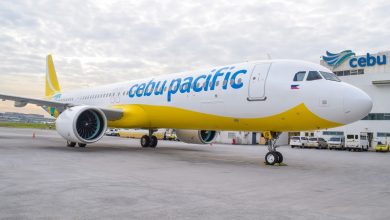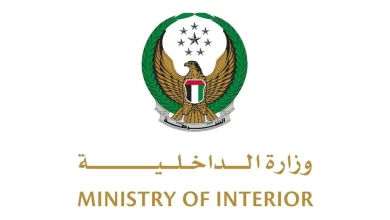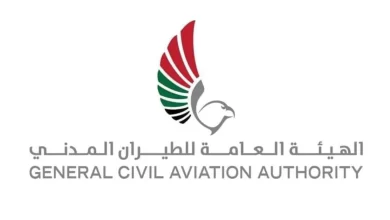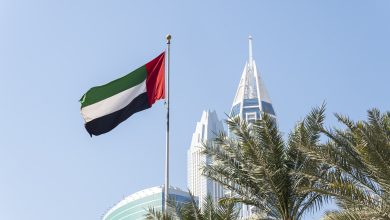The Clark International Airport Corp. on Wednesday, May 29, 2024, said the development of the civil aviation complex as the Philippines’ future aerospace hub will generate thousands of aviation-related jobs and will position the country as a key player in the global aerospace industry.
“Clark in the Philippines is a very viable and attractive hub for foreign investors from the aerospace industry and those who are looking for strategic partners able to address the growing necessity for aviation jobs to meet current demands and future expansions,” CIAC President Arrey Perez said.

Perez made the statement after attending the 9th International Aerospace Innovation Forum organized by Aéro Montréal and the Québec government held in Canada last May 21 and 22, with over 1,700 participants from 19 different countries, 145 speakers, and more than 800 business meetings over two days.
“In our business meetings in Québec with top aerospace and technology industry players, we have pitched Clark’s marketability and encouraged global aerospace companies to establish facilities here (at Clark) to serve the Asia region and global market,” Perez added.
The CIAC chief referred to maintenance, repair, and overhaul (MRO) firms, aerospace manufacturers, fixed-based operators (FBO), business aviation companies, original equipment makers (OEMs), cargo airlines, logistics companies, regional and international airlines, and training organizations.
Aéro Montréal is Québec’s cluster of key leaders in the aerospace sector, while Québec is the world’s third-largest center of aerospace manufacturing.
Clark International Airport and the aviation complex currently host aerospace investors such as MRO giant SIA Engineering, which maintains airframes; Hong Kong’s Metrojet Ltd. which takes care of business jets; and Lufthansa Technik which will soon construct new hangars in Clark, along with global cargo leaders UPS, DHL and FedEx.
“The Philippines’ aerospace sector may strategically begin with industry upgrade, starting with reputable and comprehensive pilot training programs, along with skills training in components and assembly manufacturing, and then expanding into production engineering, procurement and distribution,” Perez said.
“This approach will not only improve the local aerospace value chain, but produce skilled pilots, aeronautical engineers, aircraft mechanics, and ground support executives and operators, as well,” he added.
Perez noted the realization of Clark as the country’s main aerospace hub will redefine the aviation landscape in the Philippines, provide exceptional opportunities and empower the next generation of aviation professionals in our country.
He cited the country’s advantages which include its human resource pool with a large number of low-cost qualified English-speaking engineers and skilled workers, extensive experience in the automotive and electronics industry, a stable and sound policy environment for export-oriented firms, and tariff-free access to key markets with preferential trade arrangements.
“The development of Clark as the main aerospace hub and a key player in the global industry will also boost export revenues, and provide access to state-of-the-art manufacturing technologies,” he added.




